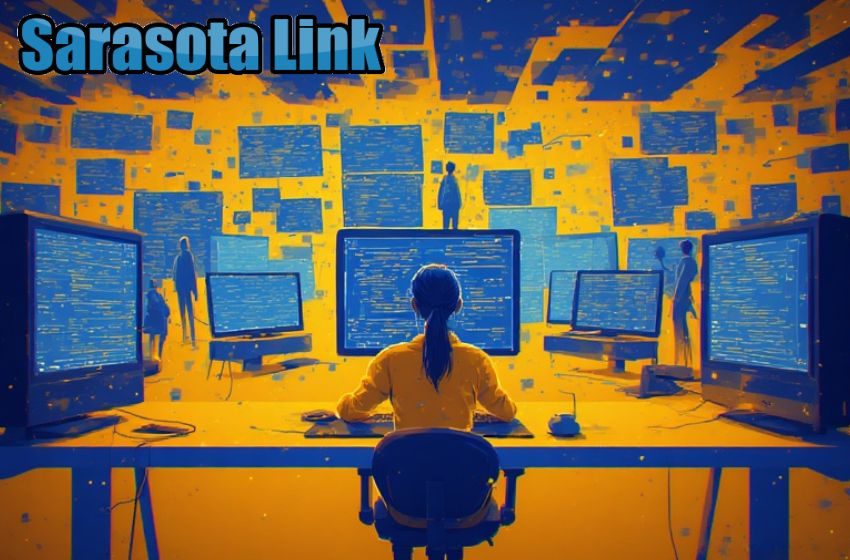Which Jobs Are Vulnerable to AI?

As technology advances at an unprecedented pace, the proliferation of artificial intelligence (AI) has raised concerns about the future of many professions. For readers of Sarasota Link, it’s essential to understand how these developments might affect local employment landscapes. Certain jobs, particularly those which are repetitive, rule-based, or heavily reliant on writing, data analysis, and standardized communication, are at the highest risk of being affected by AI advancements.
One key area where AI is making significant inroads is in roles that involve information retrieval and processing. Take customer service representatives, for example. With the advent of AI-powered chatbots capable of handling routine inquiries, many companies are increasingly relying on these digital assistants to manage customer interactions. While this transition may enhance efficiency and reduce operating costs, it places traditional customer service roles in jeopardy. Employees who spend their days fielding common questions or managing repetitive tasks may find themselves displaced or required to transition to more complex areas of service that AI cannot easily replicate.
Writing and editing roles, too, are facing a similar fate. AI-driven tools have demonstrated the ability to generate text, summarizing information or composing basic articles with remarkable speed. This poses a considerable challenge for writers and authors, especially those working in sectors like journalism, content marketing, and technical writing. While creativity and unique storytelling remain assets that AI struggles to imitate, the nature of this work is changing as companies begin to embrace AI-generated content for routine publications and reports.
Translators and interpreters are on the front lines of AI’s encroachment into jobs requiring human language understanding. Although high-level and nuanced translations still require human insight, basic translation tasks can already be performed competently by AI applications. This shift risks diminishing the demand for professional translators, particularly in cases where speed and cost are prioritized over depth and understanding.
In the sphere of data management, data entry clerks represent another group vulnerable to AI. Organizations have started to deploy AI solutions capable of automatically extracting, processing, and storing information at a pace and accuracy unmatched by human workers. Although the technology is designed to facilitate rather than outright replace, it reduces the need for large numbers of clerical staff.
Historians, too, find their roles under scrutiny as AI can rapidly analyze vast amounts of historical data and documents, identifying patterns and drawing conclusions at a scale that no human could match. While human oversight and interpretation remain invaluable, the sheer efficiency of AI can transform research methods, potentially modifying the job landscape for historians and researchers in academia and beyond.
The reality is that AI excels at tasks that depend on repetition, data processing, and structured communication. As such, industries reliant on these skills will witness shifts in workforce requirements. Yet, amid these uncertainties, opportunities also emerge. While certain roles may diminish, the increasing reliance on AI technology opens the door for new positions centered around AI oversight, ethics, and complex problem-solving.
For the community of Sarasota, understanding the potential ramifications of AI on employment can guide career choices and encourage upskilling in areas that prioritize human capabilities. The focus should shift towards roles that emphasize creativity, emotional intelligence, and complex decision-making—strengths that AI has yet to master. Embracing lifelong learning may well be the key to navigating the job market in this fast-evolving landscape.




